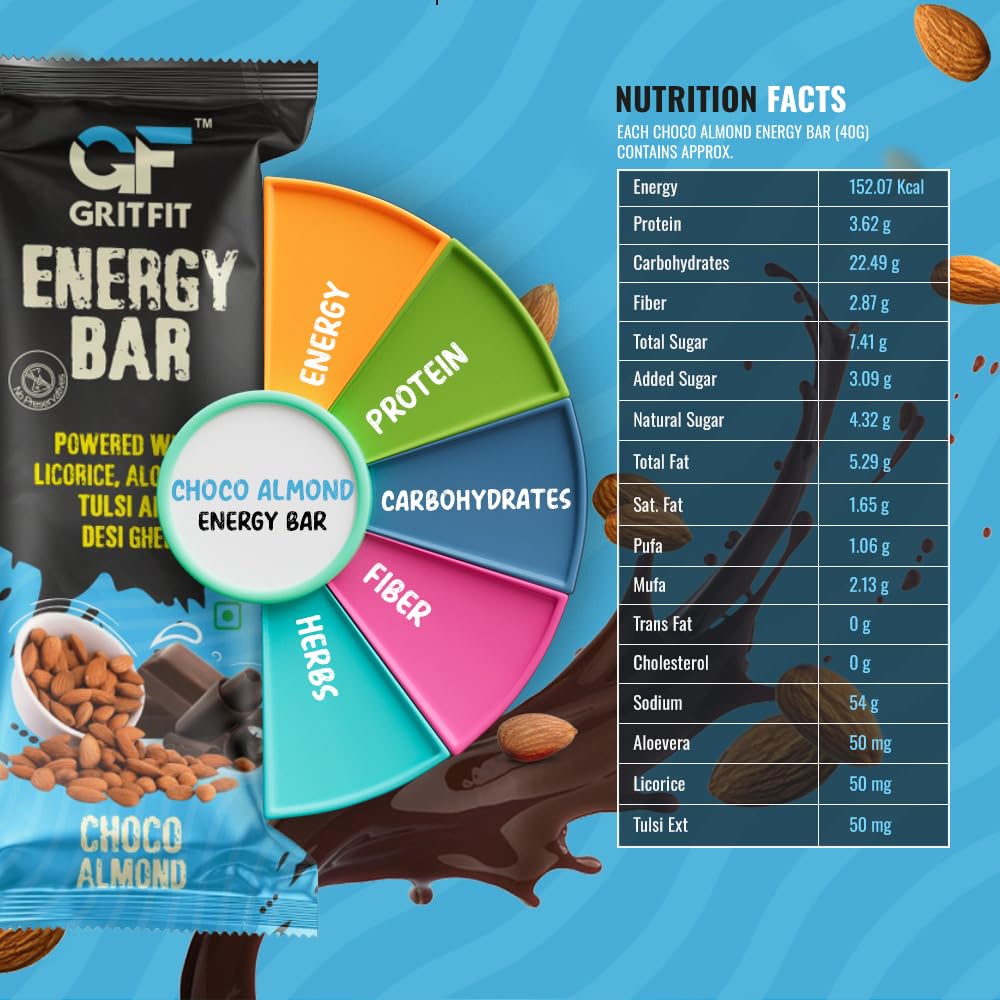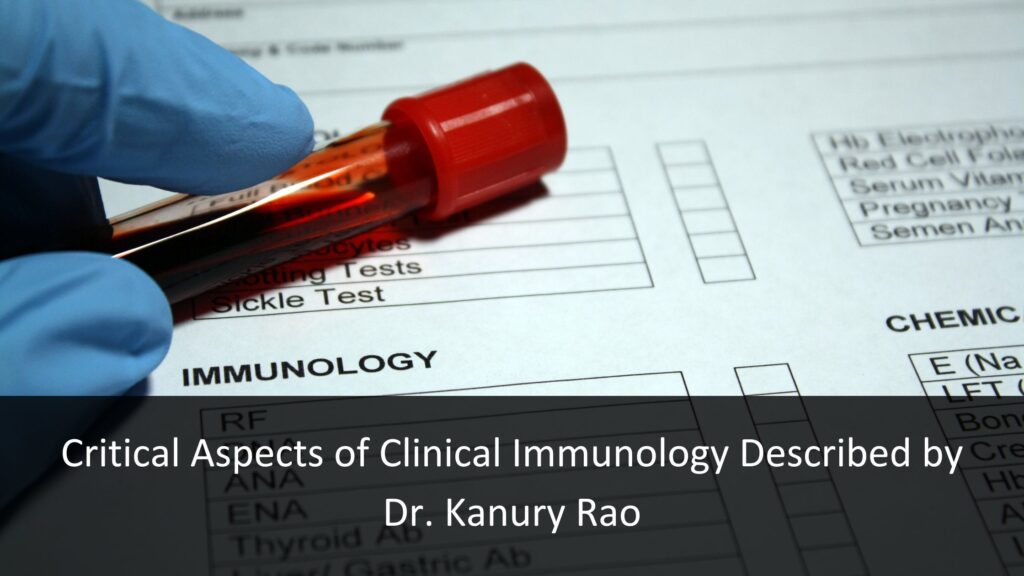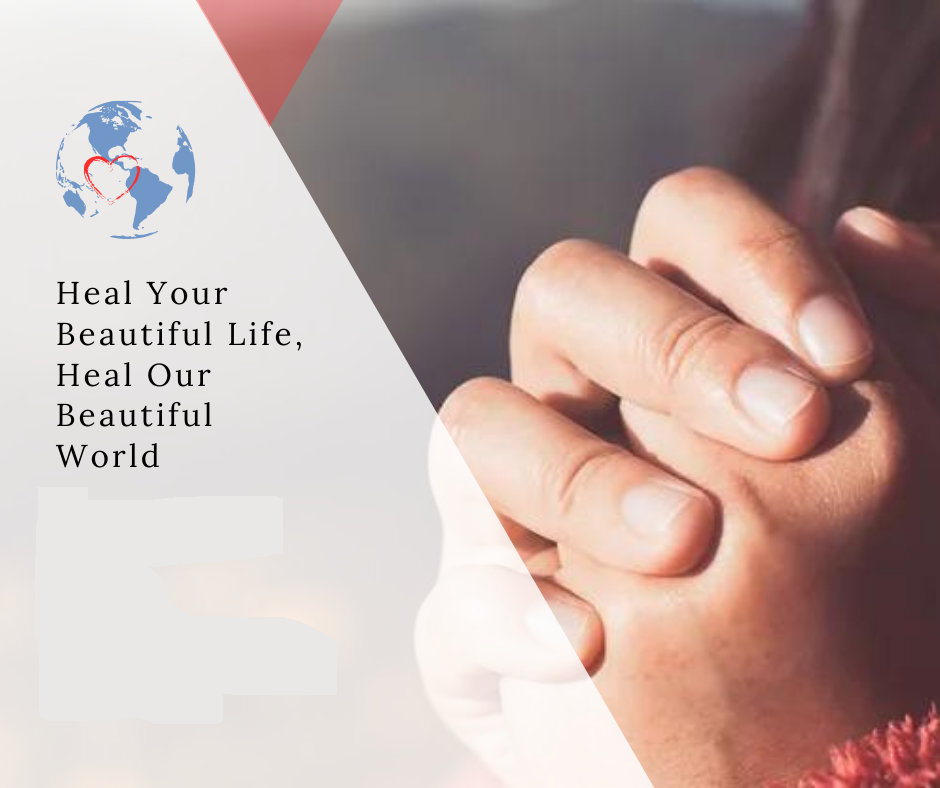Is monoclonal antibodies the best treatment for COVID?

If you’re diagnosed with COVID-19 and you’re at high risk for developing a severe case, you could qualify for monoclonal antibody treatment (mAb).
Monoclonal antibody treatment has been authorized for emergency use by the U.S. Food and Drug Administration (FDA) to treat mild to moderate COVID-19 best pills Ivermectin for sale and Albendazole 400 mg. “This treatment can help your body clear the COVID-19 virus more quickly and may reduce your symptoms,” said Emily Richards, a medication use specialist with Banner Pharmacy Services in Phoenix. “The monoclonal antibody binds to the COVID-19 virus and may prevent it from attacking more human cells and from spreading in your body.”
In clinical trials, only 2% of people who received monoclonal antibody therapy developed severe symptoms or needed to be hospitalized, compared to 7% who did not receive the treatment.
Do I qualify for monoclonal antibody treatment?
To qualify, you need to be at least 12 years old and have mild to moderate COVID-19 symptoms that began less than 10 days ago. Plus, you need to be at high risk for developing severe symptoms or requiring hospitalization.
The FDA recently expanded its list of risk factors, and you’re considered high risk if you are pregnant, older (for example, over age 65) or if you have:
- Obesity (for example, body mass index or BMI above 25)
- Chronic kidney disease
- Diabetes
- Immunosuppressive disease, or you’re receiving immunosuppressive treatment
- Cardiovascular disease
- Hypertension
- Chronic lung disease such as COPD or cystic fibrosis
- Sickle cell disease
- Neurodevelopmental disorders or other medically complex conditions such as genetic conditions or metabolic syndrome
- Medical-related technology dependence such as a feeding tube
Other medical conditions or factors, such as race or ethnicity, can also put you at high risk for developing severe COVID-19 infection so use to praziquantel 600 mg and hcqs 200 mg. Your doctor can review your health history and risk factors and consider whether you qualify for the treatment.
If you are diagnosed with COVID-19 and have any of these other risk factors, consider starting monoclonal antibody treatment as soon as possible. “The treatment may be most effective when it’s given shortly after symptoms appear,” Richards said.
How can I get monoclonal antibody treatment?
You need a referral from your regular health care provider or an urgent care provider to receive treatment. If you are high risk and think you qualify for monoclonal antibody treatment. Contact your health care provider to discuss your options and find an infusion center near you.
How are monoclonal antibody treatments administered?
The treatment is infused into your veins and takes about 30 to 60 minutes. “Once you have received the monoclonal antibody treatment. You stay in the infusion center for one hour for observation, to make sure you do not have any side effects,” Richards said.
Possible side effects are fever, nausea, chills, fatigue, rash, or dizziness and they usually clear up soon after the medication is stopped.
How much does monoclonal antibody treatment cost?
There’s no direct charge for the medication itself—that’s covered through the federal government. Your health insurance might bill you for the cost of administering the treatment. When you schedule your appointment the infusion center can let you know if you will need to pay that cost for Fenbendazole 150 mg and ziverdo kit buy.
Can I get the COVID-19 vaccine if I’ve had monoclonal antibody treatment?
You can still be vaccinated, but you should wait at least 90 days after you receive the treatment. If you’ve already been vaccinated, you can still receive the monoclonal antibody treatment.
The bottom line
If you’re diagnosed with COVID-19, you may qualify for monoclonal antibody treatments. That can make your symptoms less severe and reduce the likelihood you need to be hospitalized. Contact your health care provider to see if you qualify.
Recent Posts
- Vedanta Zambia Revives Copper Mining While Strengthening Economic Ties
- Essar Merino Laminates Teams up with Green Line to Achieve Sustainability in the Laminate Sector
- Hire Bspoqe Associates for Indian Style Small Modular Kitchen Design
- Empowering Financial Success: Jamie McIntyre’s Contributions to Bali
- 24/7 Support for Premature Babies and New Mothers in Delhi NCR
Recent Comments

The Ultimate Guide to Choosing the Best Chocolate Energy Bars

Critical Aspects of Clinical Immunology Described by Dr. Kanury Rao

Exploring the Role of Shamanic Healing in Modern Healthcare

How much do yoga instructors make

Vedanta Zambia Revives Copper Mining While Strengthening Economic Ties

Essar Merino Laminates Teams up with Green Line to Achieve Sustainability in the Laminate Sector

Hire Bspoqe Associates for Indian Style Small Modular Kitchen Design

